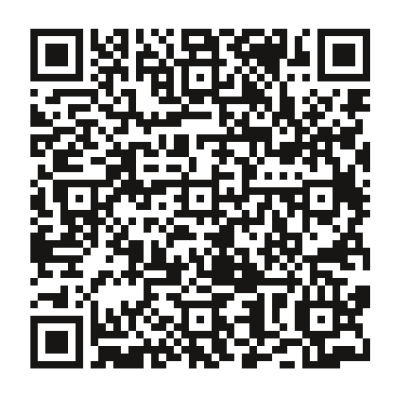TechLaunch has its first class of startups, including Pervasive Group and MMGuardian Parental Control, and they are evolving as they prepare for demo day.
On Sept. 5, 2012, 10 TechLaunch startups, very early in their evolution into ongoing concerns, practiced their Demo Day pitches before six seasoned investors, advisers and entrepreneurs.
In Part 1 of this story, NJTechWeekly.com discussed the overall day’s message and shared examples of what the companies were advised. In Part 2 we continue to cover the coaching given the TechLaunch startups.
TechLaunch, located at Montclair State University, is N.J.’s tech accelerator, formed with assistance from the New Jersey Economic Development Authority (EDA) and several angel investors to jumpstart the Garden State tech startup ecosystem
On the panel were veteran industry executive Bob Barbiere;serial entrepreneur and investor Mike Ajnsztajn; angel, consultant and professor Gina Tedesco; entrepreneur-turned-angel-investor and business adviser Joel Cartun; TapFame cofounder and CEO Satjot Sawhney; and TechLaunch founder and general partner Mario Casabona. TechLaunch executive director Travis Kahn sat in on the session and offered his insights. To continue:
Presenting next was Photoflow, pitched by founder Dan Ackermann, who said he wants to solve a problem faced by many brides: they never get to see photos taken by wedding guests. The company wants to sell a sleek photo booth-type system directly to catering halls, to be offered as part of their package deals to brides. The booth would be connected to a cloud service that would aggregate all the photos taken at the wedding. Barbiere questioned the business model because of the need to service local hardware, but others, including Casabona, were enthusiastic about using catering as a distribution channel. Ajnsztajn urged the company to pivot to get beyond the hardware issue. “I think this is a viable business, but is it investable?” Tedesco asked.
Pervasive Group’s James Zhou presented MMGuardian, an app that lets parents control when and where their children engage in text messaging. One company differentiator: this app doesn’t seriously affect phone battery life, as do others. Ajnsztajn told Zhou to show the actual product, not in a live demonstration but page by page, to explain its features. Tedesco suggested changing the slides to ensure people understand it’s a product that has already been downloaded 45,000 times in the Google app store for Android devices. Casabona thought a matrix would be a better approach to show the competition. “I think you have a real human product. Not many people can say they saved a life,” Barbiere said, adding, “You glossed over the fact that you have a 4 out of 5 rating. Very few apps have this kind of rating.”





